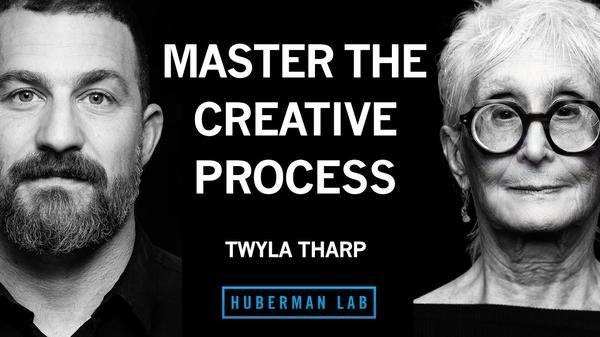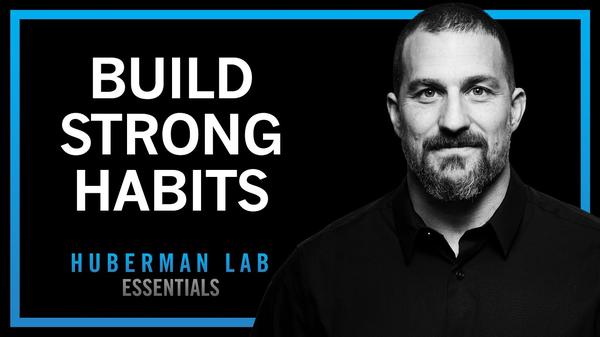
What Pets Actually Want & Need | Dr. Karolina Westlund
Andrew Huberman
Apr 28, 2025
Mindsip insights from this episode:
Interpret dog tail wags to understand emotions
A dog's tail wagging more to its left side is associated with negative emotions, while wagging more to its right side is associated with positive emotions.
Understand dominance as priority access to resources, not control
The ethological definition of dominance is simply priority of access to resources to reduce conflict, not the sociological idea of control that humans often misapply to pets.
Pet dogs with slow, deliberate strokes for calming effects
Many dogs are averse to the rapid patting that humans tend to do, preferring slow, deliberate strokes which are more calming.
Recognize cultural influences on dog neutering practices
The decision to neuter a dog is highly cultural, being forbidden in Norway for non-medical reasons while mandatory in parts of Australia.
Understand dogs' attachment bonds for better relationships
Dogs don't imprint on humans but rather form complex attachment bonds that can be secure or insecure, similar to human children.
Engage dogs in nose work to balance arousal and improve mental health
Engaging dogs in nose work, where they search for scents, can help regulate their arousal by calming anxious dogs and energizing depressed ones.
Test pet consent by observing re-initiation of contact
To see if your pet truly wants to be petted, offer contact for a few seconds and then stop to see if they re-initiate the interaction.
Understand dog breeds through their predatory roles
Different dog breeds were selectively bred for specific parts of the wolf's predatory sequence, from sniffing (hounds) and stalking (pointers) to killing (terriers).
Keep cat food separate from litter box for hygiene
A cat's food bowl should be placed far from its litter box, as cats have a natural instinct not to eliminate where they eat.
Understand your cat's behavior: prey is not a gift
When a cat brings you its prey, it is not a gift but rather the cat bringing its food to a location where it feels safe.
More from
Andrew Huberman
You also might be interested in
The One Thing Everyone Thinks They Can’t Afford… Until They Try It
I’m Scared for Our Country
What Happens When You Live Inside a Quantum Field? (Anti-Aging Secrets)
Is There *Actually* Any Research On QUANTUM Fields Affecting Your Health? (You'll Be Blown Away By What You Learn!) With Ian Mitchell & Philipp von Holtzendorff-Fehling
Should YOU Carry A Gun & Knive To Protect Yourself? Self-Defense & Protection 101 With Navy SEAL Turned Preparedness Expert Bill Rapier.
















